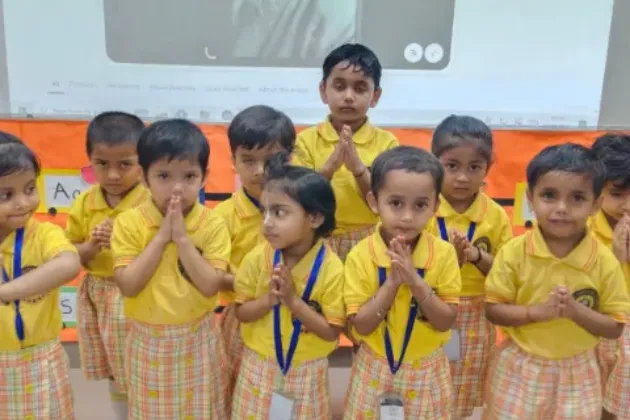
The role of parents in early childhood education
Early childhood education plays a very important role for a child’s education in later stages of life. It not only provides the knowledge but also provides the foundation for the learning throughout their lives. Parents role in their child’s early education is very important as parents are their first teachers. Early childhood education is not just about academics, it includes emotional, social and cognitive development, all of which parents significantly influence.
Building a love for learning
Children learn best when they are curious and excited about discovering new things. Parents can nurture this love for learning by reading stories, engaging in educational games and encouraging questions. Simple activities like counting objects, identifying colours or singing rhymes help in developing early skills in a fun way.
Providing Emotional Support
A child’s emotional well-being is key to effective learning. When parents provide a loving and secure environment, children feel confident to explore and express themselves. Encouraging words, patience and understanding from parents help children develop self-esteem and resilience which are important for academic success.
Setting the Right Example
Children learn by observing their parents. When parents demonstrate good habits like reading books, maintaining discipline and showing respect to others, children naturally pick up these qualities. A positive attitude towards education at home helps children to take learning as a valuable and enjoyable experience.
Creating a Learning Environment at home
A home that encourages learning plays a vital role in a child’s educational journey. Providing books, art supplies, puzzles and interactive learning tools stimulates creativity and problem-solving skills. Limited screen time and encouraging hands-on activities further enhance a child’s development.
Collaboration with Teachers
Parents and teachers must work together to ensure a child’s holistic growth. Regular communication with teachers, attending parent-teacher meetings and participating in school activities help parents stay informed about their child’s progress and areas that need improvement.
Conclusion
The role of parents in early childhood education is irreplaceable. By being actively involved in their child’s learning journey, parents help build a strong foundation for future success. A nurturing home, combined with supportive guidance ensures that children develop in confident, curious and capable individuals.
By working hand in hand with educators, parents can make learning an enjoyable and enriching experience.





Share your opinion here !